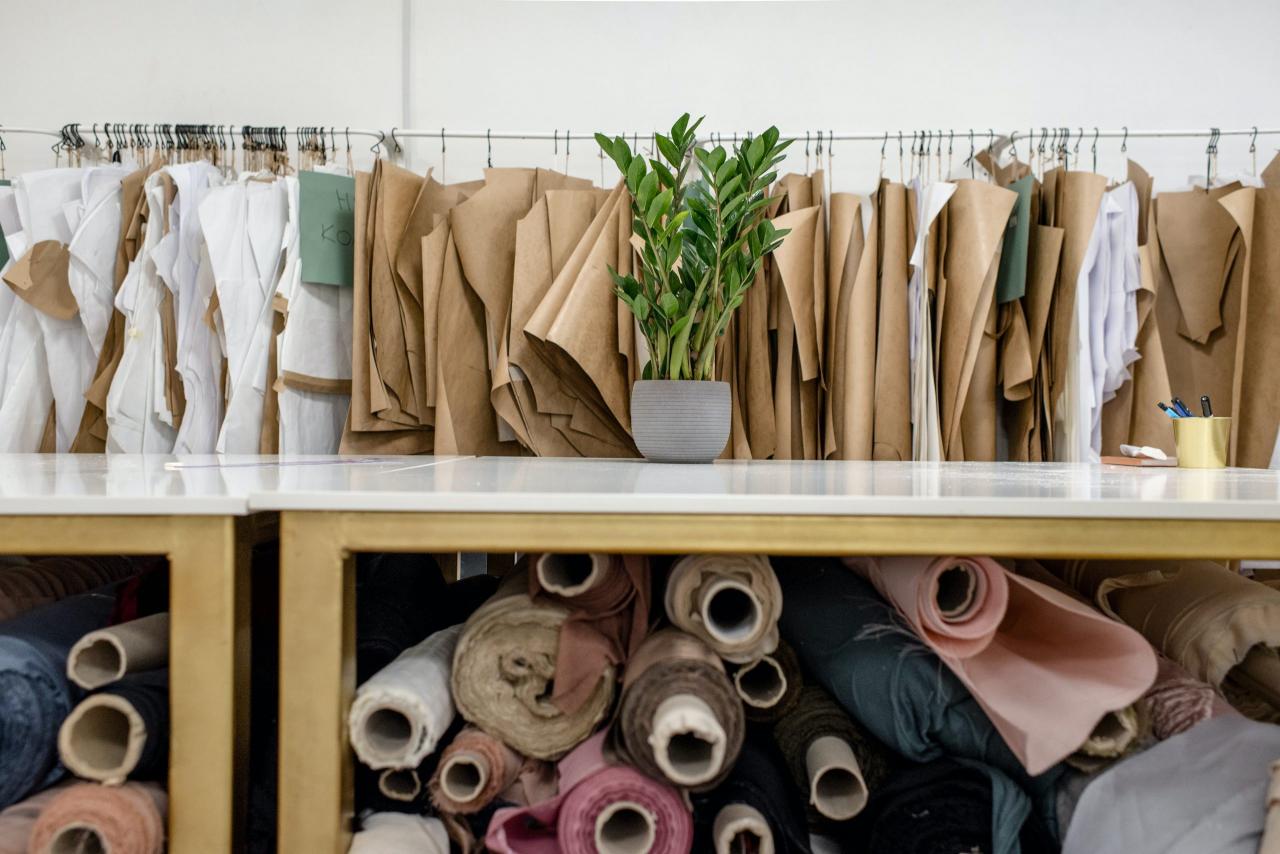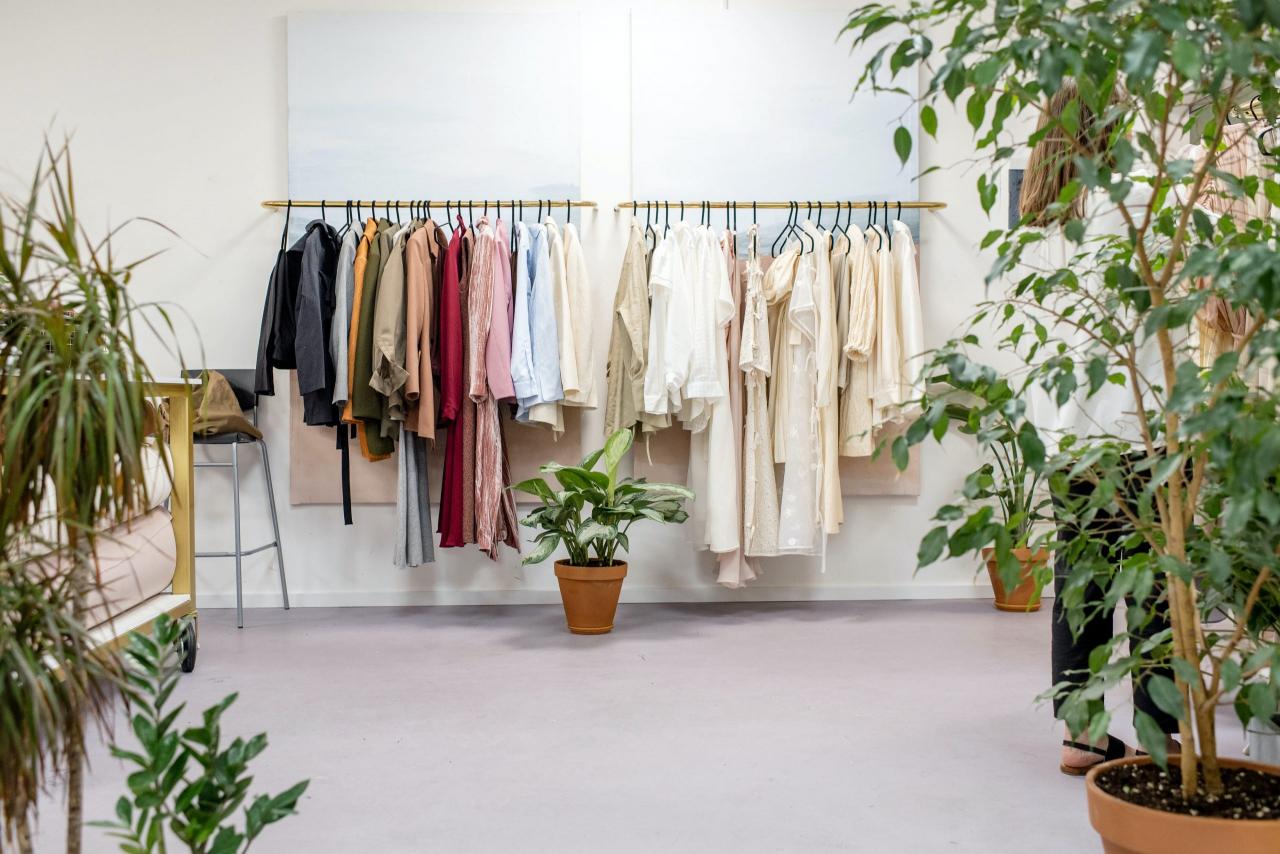In today’s fast-paced world, sustainability has become a pressing issue, even in the realm of fashion. As consumers become more conscious of the environmental impact of their choices, the demand for sustainable clothing is on the rise. Here, we explore the concept of sustainable fashion and its growing importance in the industry.
- Eco-Friendly Materials
Sustainable fashion starts with the materials used to create clothing. Instead of relying on traditional fabrics like cotton and polyester, designers are turning to eco-friendly alternatives. Organic cotton, hemp, bamboo, and recycled materials such as plastic bottles and fishing nets are gaining popularity. These sustainable materials require fewer resources, emit fewer greenhouse gases, and reduce waste.
- Slow Fashion
In contrast to fast fashion, which encourages disposable clothing, slow fashion promotes quality over quantity. It emphasizes timeless designs that are made to last, reducing the need for constant replacements. Slow fashion encourages ethical production practices, fair wages, and safe working conditions for garment workers. By investing in well-made, durable pieces, consumers can make a positive impact on the environment and support ethical fashion practices.
- Upcycling and Recycled Fashion
Upcycling is another trend within sustainable fashion, where old clothing is transformed into new garments. Designers are creatively repurposing old fabrics and garments, giving them a new lease of life. This reduces waste and encourages a more circular approach to fashion. In addition, using recycled materials to create new clothing decreases the demand for resource-intensive production processes.
- Minimalism and Capsule Wardrobes
The minimalist movement has influenced sustainable fashion by promoting the idea of a capsule wardrobe. A capsule wardrobe consists of a small number of essential, versatile pieces that can be mixed and matched to create multiple outfits. This reduces the need for excessive clothing purchases and encourages a more mindful and intentional approach to dressing.
- Ethical and Transparent Supply Chains
Sustainable fashion brands prioritize transparency and ethical practices throughout their supply chains. They strive to ensure fair treatment, safe working conditions, and fair wages for the workers involved in every step of the production process. By supporting these brands, consumers can make a positive impact on the lives of garment workers and contribute to a more equitable fashion industry.
In conclusion, sustainable fashion is no longer a niche trend but a necessity for a better future. With the growing demand for eco-friendly materials, slow fashion, upcycling, minimalism, and ethical supply chains, the fashion industry is shifting towards a more sustainable model. By making conscious choices and supporting sustainable brands, consumers can be part of the movement towards a brighter and more environmentally friendly fashion industry.